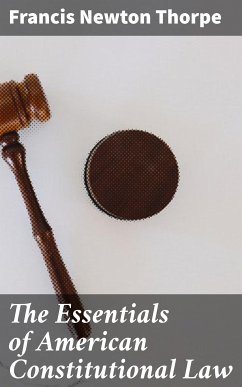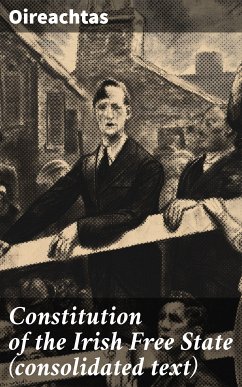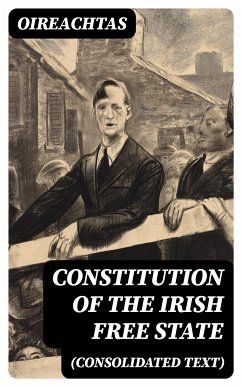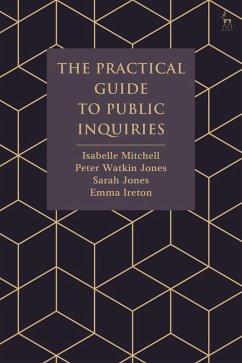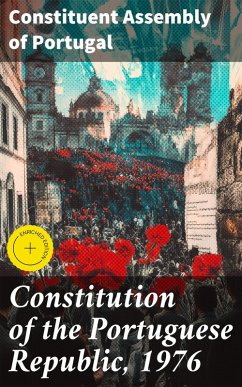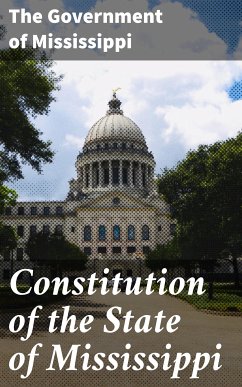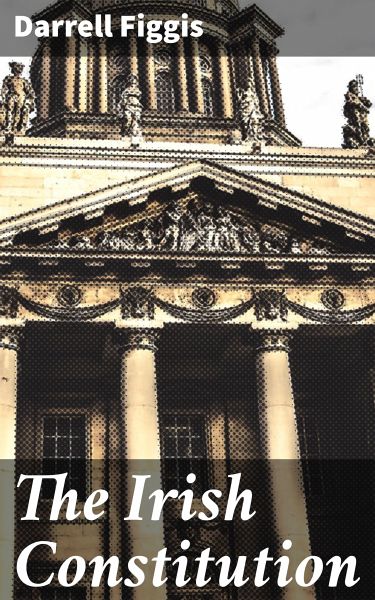
The Irish Constitution (eBook, ePUB)
Enriched edition. Explained by Darrell Figgis
Kommentar: Ellsworth, Dorian / Redaktion: Good Press

PAYBACK Punkte
0 °P sammeln!
In "The Irish Constitution," Darrell Figgis presents a profound exploration of the legal framework that underpins Irish governance. Written in a period marked by nationalistic fervor and the emergence of new political paradigms, Figgis adopts a clear yet sophisticated literary style, blending analytical rigor with a persuasive narrative. He meticulously examines the interplay between constitutional law and political identity, providing readers with a nuanced understanding of how the Constitution reflects both the aspirations and the complexities of a nascent Irish state at the dawn of the 20th...
In "The Irish Constitution," Darrell Figgis presents a profound exploration of the legal framework that underpins Irish governance. Written in a period marked by nationalistic fervor and the emergence of new political paradigms, Figgis adopts a clear yet sophisticated literary style, blending analytical rigor with a persuasive narrative. He meticulously examines the interplay between constitutional law and political identity, providing readers with a nuanced understanding of how the Constitution reflects both the aspirations and the complexities of a nascent Irish state at the dawn of the 20th century. Darrell Figgis, an influential political thinker, novelist, and a key figure in the Irish literary revival, draws upon his extensive background in law and politics to craft this seminal text. His experiences as a civil servant and his active involvement in the nationalist movement deeply informed his perspectives on governance, justice, and the rights of citizens. This intimate connection to the socio-political landscape of Ireland provides authenticity and depth to his arguments, revealing his dedication to the formation of a robust national identity. This book is an essential read for students, scholars, and anyone interested in understanding the foundational principles of Irish governance. Figgis's insightful analysis not only sheds light on the historical and legal significance of the Constitution but also invites contemporary readers to engage with ongoing debates about identity, sovereignty, and democratic resilience in Ireland and beyond. In this enriched edition, we have carefully created added value for your reading experience: - A succinct Introduction situates the work's timeless appeal and themes. - The Synopsis outlines the central plot, highlighting key developments without spoiling critical twists. - A detailed Historical Context immerses you in the era's events and influences that shaped the writing. - A thorough Analysis dissects symbols, motifs, and character arcs to unearth underlying meanings. - Reflection questions prompt you to engage personally with the work's messages, connecting them to modern life. - Hand-picked Memorable Quotes shine a spotlight on moments of literary brilliance. - Interactive footnotes clarify unusual references, historical allusions, and archaic phrases for an effortless, more informed read.
Dieser Download kann aus rechtlichen Gründen nur mit Rechnungsadresse in A, B, BG, CY, CZ, D, DK, EW, E, FIN, F, GR, H, IRL, I, LT, L, LR, M, NL, PL, P, R, S, SLO, SK ausgeliefert werden.




